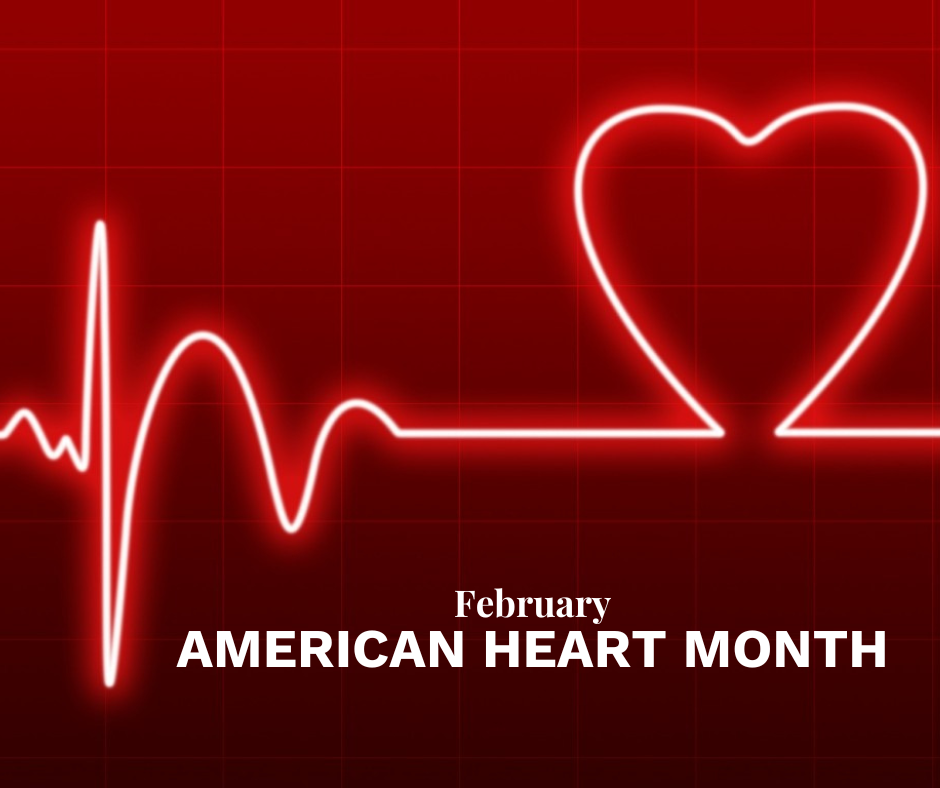Heart Health For Seniors
February 1st 2023
February is American Heart Month! This is the time of year to raise awareness for heart disease and different ways to work on your heart health as a senior. As you age, your risk for heart disease increases, and according to the CDC, one person dies every 34 seconds in the United States from heart disease.
In honor of American Heart Month, we wanted to help you learn how to improve and maintain your heart health as you age
Heart Healthy Diet
Your diet is a great place to start considering your heart health and how you can work to improve it. According to the American Heart Association, a healthy diet includes
- Whole grains
- Fruits and vegetables
- Healthy sources of protein
- Minimize the intake of added sugar, processed food, and salt
- Limit alcohol
Take the time to read nutrition labels and understand what you are putting in your body.
Stop Smoking
Smoking is one of the number one causes of preventable death, and smoking can raise your risk of heart disease and worsen existing conditions. If you are currently a smoker and are struggling to quit, take some time to talk with your primary care provider about the programs available to you.
Maintain a Healthy Weight
Maintaining a healthy weight is important for your heart health because it decreases your likelihood of developing heart disease, diabetes, some types of cancer, and high blood pressure. Talking to your primary care provider can help you determine the best way to lose and maintain a healthy weight.
Stay Active
Staying active and ensuring you have a form of regular physical activity. Daily physical activity can help lower your risk for many conditions, including heart disease. Try and take a walk or garden each day, anything that gets you up and moving. Talk to your primary care provider about the best physical activities for you

Sleep
You likely hear this all the time, but sleep is the key to improving your health in many ways! Sleep supports brain function, and getting the recommended amount of sleep lowers your risk of developing diabetes, heart disease, stroke, and more.
Know the Symptoms and Understand Your Risk
Knowing the symptoms of heart disease and understanding your risk are two important parts of heart health. The early signs of heart disease are hard to notice, which is why it is important to have regular visits to your primary care physician. Be sure to contact your primary care physician if you experience any concerning symptoms.
Your risk for heart disease depends on many factors, some of which you can change and others you can’t. Talk to your primary care physician to determine and better understand your risk factors. Talk about your risk and discuss a prevention and treatment plan.
To learn more about American Heart Month, visit the American Heart Association’s website at www.heart.org.
